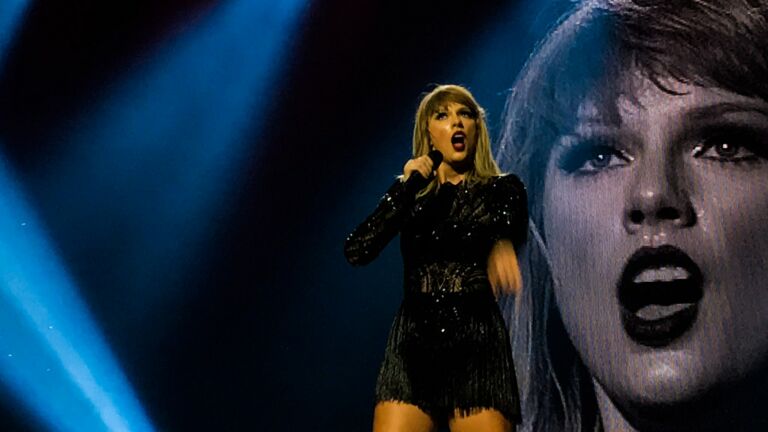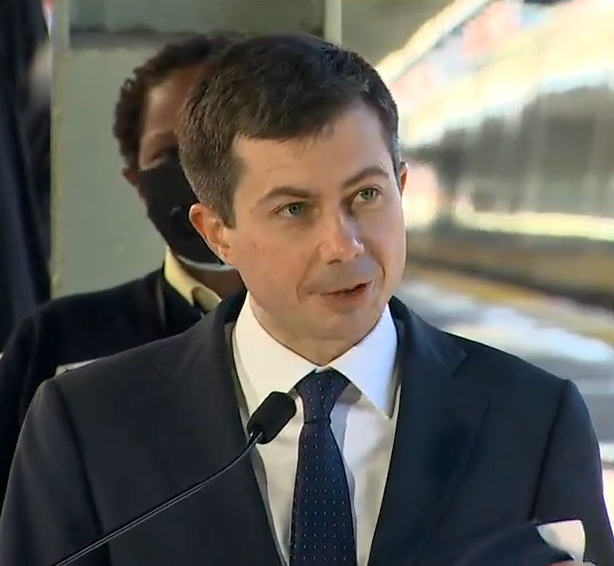Casey Chalk writes for the Federalist about an interesting aspect of the commentary surrounding pop superstar Taylor Swift.
All male criticism of Taylor Swift must be a manifestation of misogynist hyper-masculinity. At least that is the takeaway from Washington Post gender columnist Monica Hesse’s Sept. 28 op-ed regarding the recently reported romance of Swift and tight end Travis Kelce.
Hesse quotes random representatives of the “super-alpha-fragile-istic fringe of the football side,” in support of her claim, and for good measure ropes in a recent Federalist piece by Mark Hemingway on Swift’s music. Hesse, who for some reason refuses to cite Hemingway by name, grossly mischaracterizes his arguments by (falsely) claiming Hemingway’s complaint is only that Swift writes about breakups, heartbreak, and “how things made her feel,” and that his critique is little more than the stereotypical patriarchal double standard foisted upon women.
Not that Hesse’s finger-wagging at male criticism of female celebrities is all that unusual. Whether we are talking about the faltering U.S. women’s soccer team, obese female musicians, or self-obsesses actresses, there is an inevitable chorus speedily rising to defend them and accuse their detractors of sexism and misogyny. Yet this reality exposes a delicious irony of the women’s rights movement since its very beginning: the fragility of the feminist ego.
Megan Rapinoe in August forced the exit of the U.S. women’s soccer team from the 2023 World Cup when she missed a penalty kick in the team’s round-of-sixteen match against Sweden. Afterward, midfielder Lindsey Horan declared she was “proud of every player that stepped up to take a penalty today” and that it was “courageous to go take a penalty” kick. First Lady Jill Biden in turn told the women’s team they had inspired “girls everywhere to show up and fight for their dreams.” As The American Conservative’s John Hirschauer noted: “That is the sort of thing you say to a child, not a professional athlete.”


